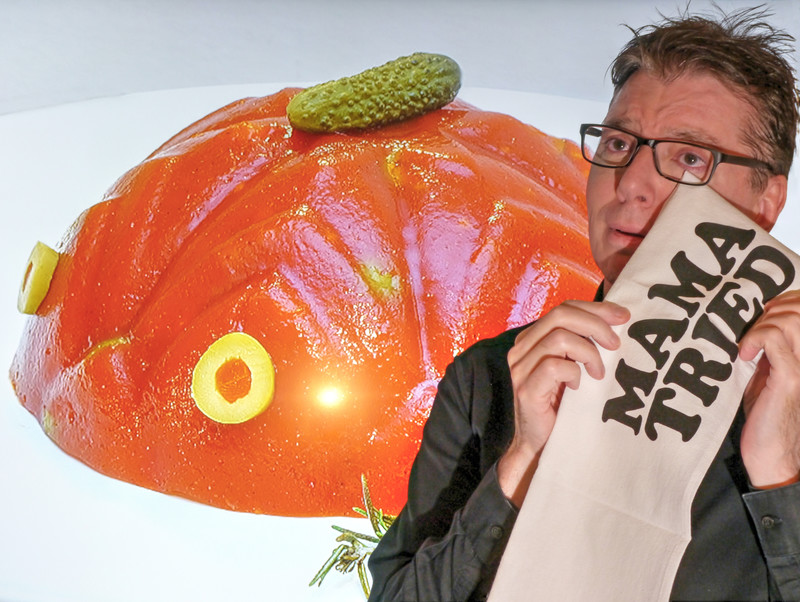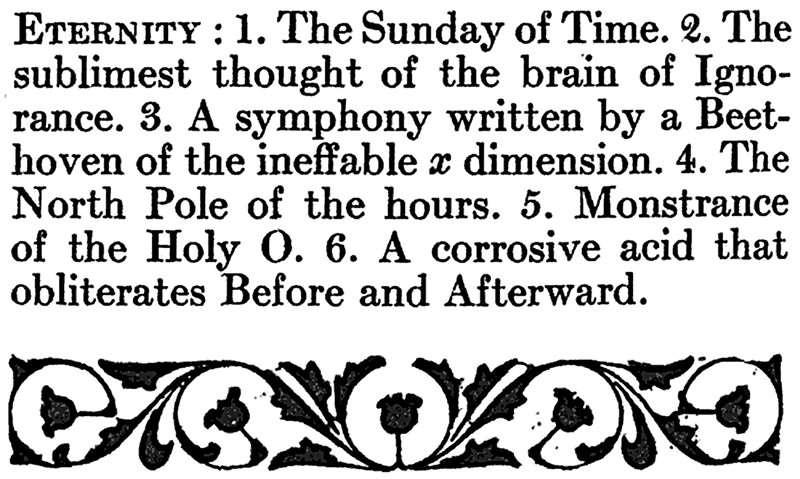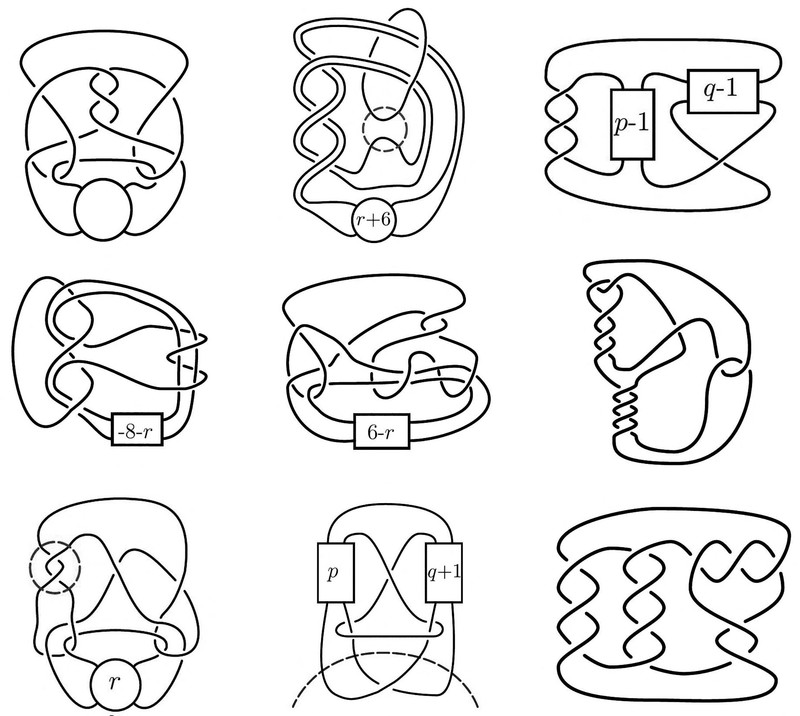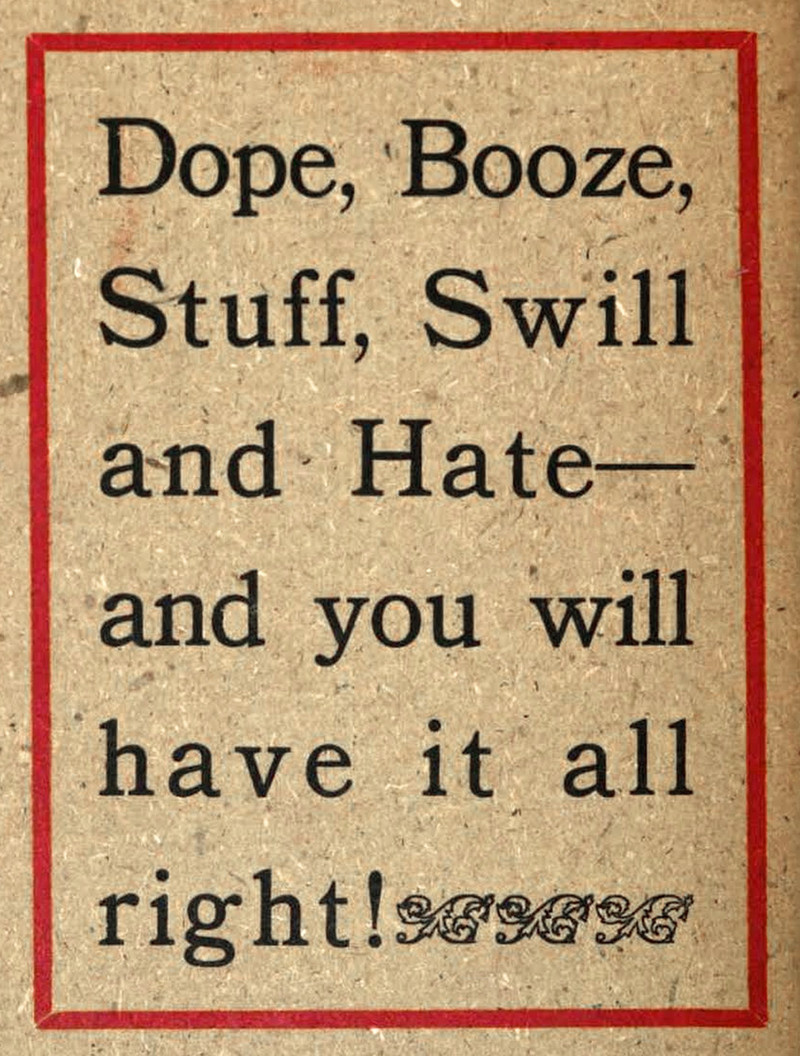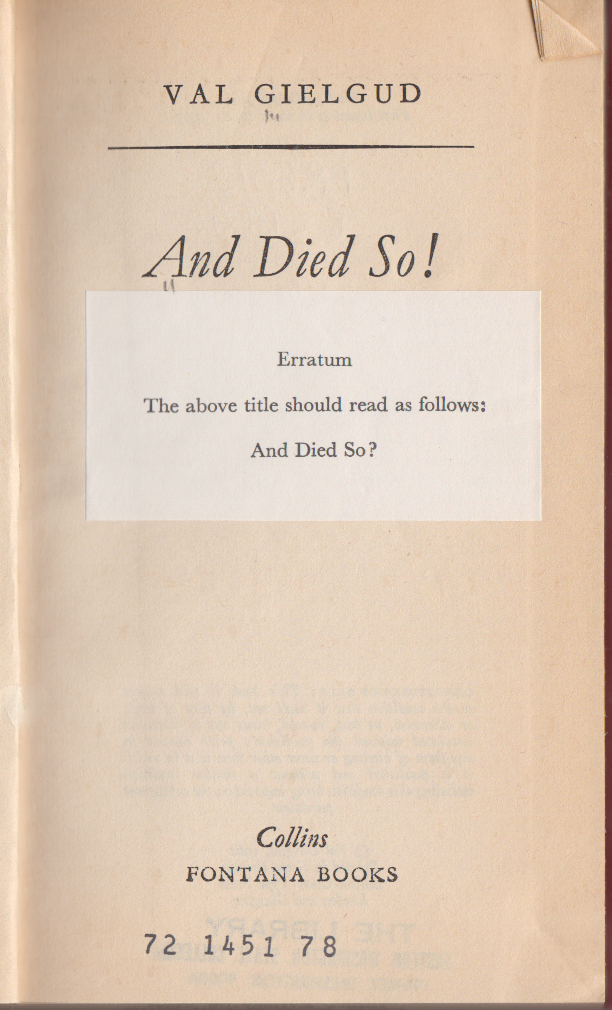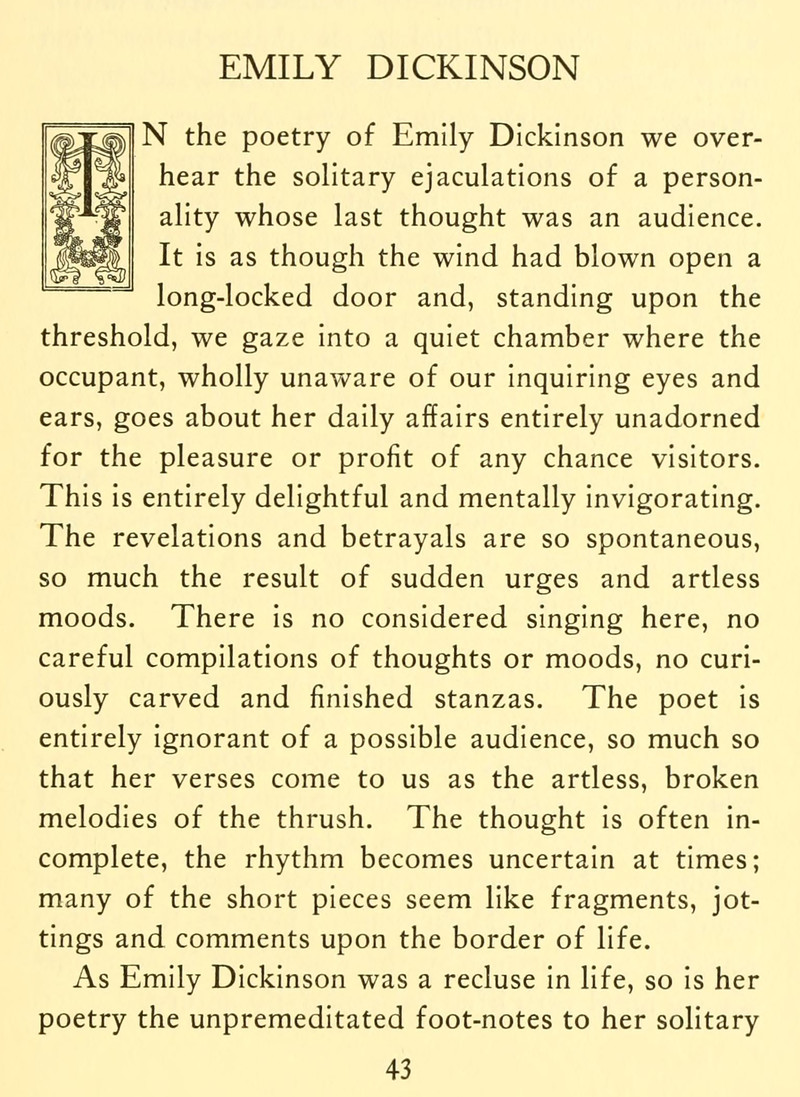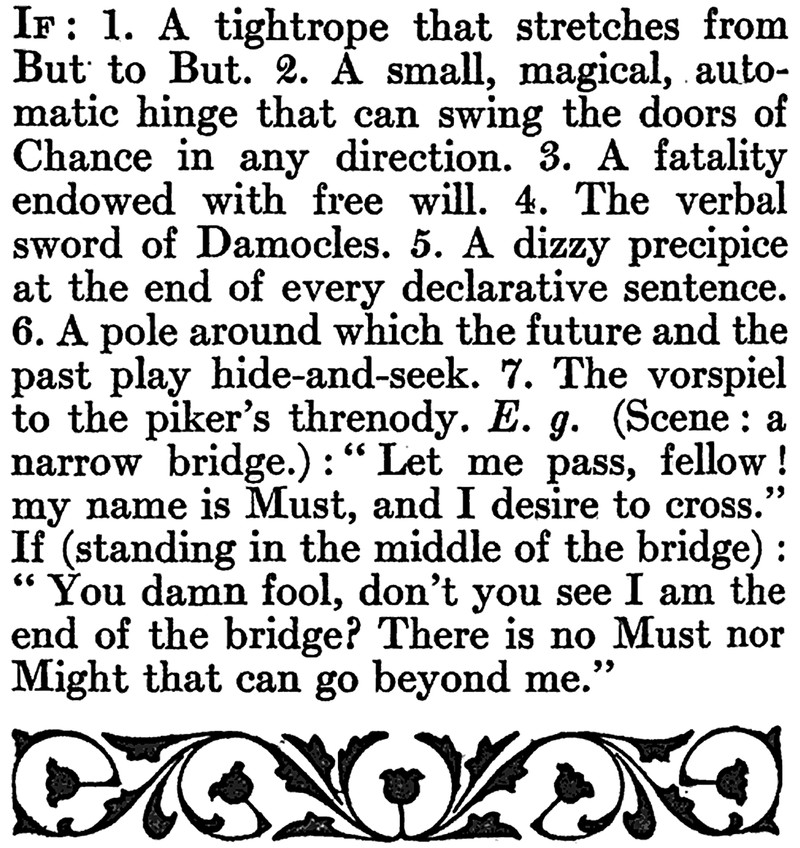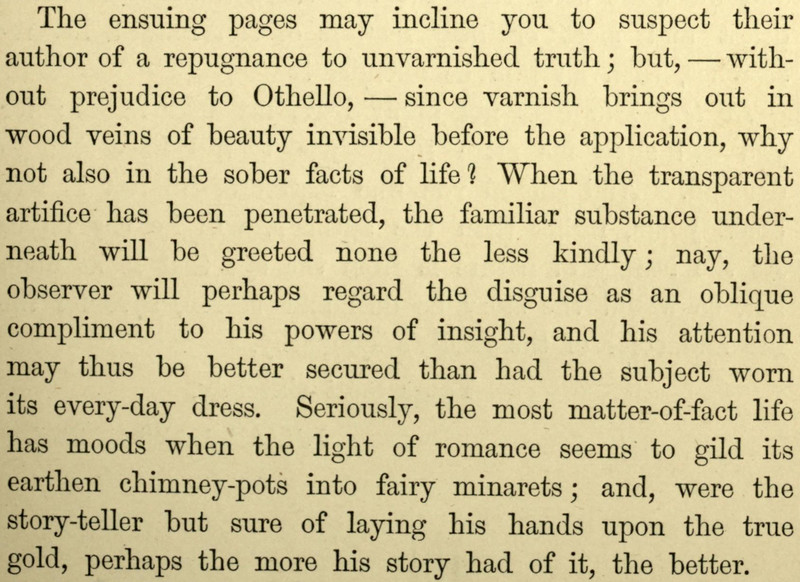I Found a Penny Today, So Here’s a Thought
|

 |
|
|
 |
 |
 |
The famous six-word story popularly attributed to Hemingway, "For sale: baby shoes, never worn," pales in comparison to the two-word Southern expression, "Mama tried." Hemingway's is a short story while "Mama tried" is an entire Southern Gothic novel. Pictured: Professor Oddfellow.
|







 |
|
|
 |
 |
 |
Jonathan shares: This is one of the best errata I've ever encountered. I mean, how often does one see a punctuation erratum? And just imagine the overexcited typesetter reaching automatically for the exclamation point, instead of the question mark! If it's any consolation, it's correctly punctuated with the question mark on the half-title, on the front cover, and of course in the Shakespearean epigraph whence the phrase is sourced.
|

 |
|
|
 |
 |
 |
Here are the marvelous first two pages of an appreciation of our 21st cousin, Emily Dickinson, from The Procession of Masks by Herbert Gorman, 1923. Gorman suggests that Emily's poems themselves are recluses, that they are unpremeditated footnotes to Emily's solitary life, that they are strange jewels set upon the unobtrusive thread of her days, and that they possess an inborn natural magic that no practice can make possible, since they are "flashes struck into existence by by the contact of an extraordinary mind with life."
|



 |
"A book is tremendously important. Nobody ever paid for the price of a book, they pay only for the printing. But a book is actually an offering and must be regarded as such. If you give honor to the man who writes it, there is something in that which further induces the expressive powers of writing."
—Louis I. Kahn, "I Love Beginnings" lecture, 1972
|


 |
"What's got to be gotten over is the false idea that an hallucination is a private matter."
|




 |
|
|
 |
 |
 |
"In every event we must, by faith, presume a benign purpose, which, could we see all which is to come, would delight us – we would be especially delighted to see how intrinsically evil events become used as building blocks for noble structures – and are, in fact, essential for the ultimate construction of those fine systems. Nothing is wasted, nothing is futile, nothing is lost. Everything is eventually, when its time has come, is snatched up and incorporated."
|

 |
|
|
 |
 |
 |
Here's a great justification for varnishing the truth, which I'll summarize for your convenience (though of course the original passage is superior):
1. varnish brings out veins of beauty that were otherwise invisible
2. it doesn't actually hide the sober facts of life since it's transparent
3. having penetrated the artifice, the observer's powers of insight are flattered and attention is better secured
4. even the coarsest mundanity has moods in which it's gilded by the light of romance
5. if the storyteller believes in the true gold of those fairy minarets, the story benefits
From Idolatry by Julian Hawthorne, 1874.
|

Page 120 of 171

> Older Entries...

Original Content Copyright © 2025 by Craig Conley. All rights reserved.
|



